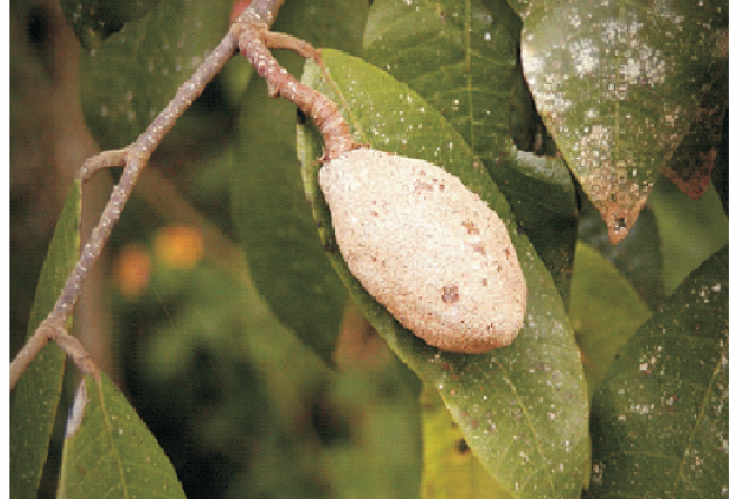African cultures commonly rely on a variety of spices and herbs in the preparation of their usually tasty cuisines and delicacies. Parinari excelsa Sabinus and Chrysobalanus icaco L. are members of the Chrysobalanacea family, produce edible nuts that are widely used in Nigeria as spices. Their nuts contain potentially rich and nutritious oils. The oils of P. excelsa and C. icaco were extracted successively using n-hexane and dichloromethane and concentrated in vacuo. The physicochemical parameters of the oils were determined using standard methods. Chemical compositions were evaluated using Gas Chromatography/Mass Spectroscopy (GC/MS), while elemental contents were determined using Atomic Absorption Spectroscopy (AAS). P. excelsa oil had a higher acid value (29.2 – 42.1) than C. icaco (5.6 – 8.4), while the saponification value of C. icaco (460 – 471.2) was higher than that of P. excelsa (350.6 – 465.6). Elemental analysis revealed the presence of minerals such as Sodium, Potassium, Magnesium, Calcium, and Iron in both crude samples, while heavy metals such as Lead, Arsenic, and Mercury were undetectable. GC/MS analysis showed that oils from both plants contain common fatty acids such as arachidonic acid and oleic acid, vitamin E, and stigmasterol.
View:
- PDF (1.53 MB)


